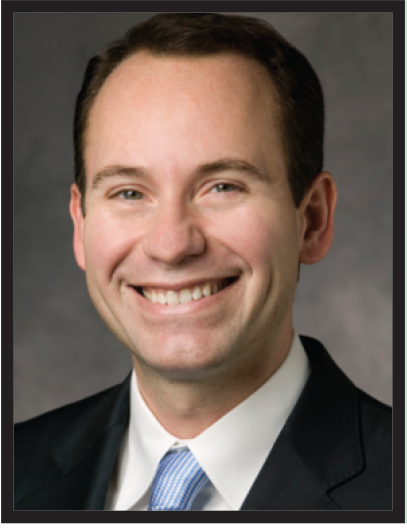For Whom the Bells Toll: The Importance of Inclusion in Fighting COVID-19
 by John M. Morton, MD, MPH, MHA, FACS, FASMBS, ABOM
by John M. Morton, MD, MPH, MHA, FACS, FASMBS, ABOM
Clinical Editor of Bariatric Times; Vice-Chair of Quality and Division Chief of Bariatric and Minimally Invasive Surgery in the Department of Surgery at Yale School of Medicine in New Haven, Connecticut.
Dear Friends and Readers,
I was hoping that by now the COVID-19 pandemic would have subsided. After all, many viewed this pandemic originally as a New York problem or a concern only to older patients, or those with comorbidities or obesity. However, it is now very apparent that this will affect all of us everywhere. As we know, COVID-19 is ravaging the entire country, and no one can say that COVID-19 is not their problem. I mention this because many have said that COVID-19 is not their concern; but, it affects us all. COVID19 affects us all, either through direct contact, impact on the economy, healthcare resource utilization, or aiding in prevention. We can do our part, whether its washing your hands, wearing a mask, or caring for someone.
I mention this sense of inclusion because it also applies to treating any disease, including obesity. It is simple to state that a disease won’t affect you until it does. It is simple to state that those who have the disease should have prevented the disease by changing their lifestyle, until you realize that what matters is that you treat those in need now. It is simple to state that you do not need to pay for the consequences of a disease until you realize that you are already paying for the cost of disease. Obesity is a prime example of a disease model that demands societal inclusion. Obesity has prevalence and is present now with cost to all. The United States and the United Kingdom have had the highest COVID-19 hospitalization and mortality rates, not because of a shared language but because of a shared malady: obesity. The impact of COVID-19 would have been attenuated if we had less burden of weight.
Hope is also a contagion that can go viral. Hope is provided by public measures, therapeutics, and vaccines. Hope is also provided by allowing care to be delivered. Care can be delivered safely. At Yale University, we implemented our COVID-19 minimal pathway to allow for continued elective surgery over two months ago. We need to reassure our patients that it is safe to come to the hospital. Have a plan and discuss it openly with patients. There is an old saying that I’m fond of: “Sunshine is the best disinfectant.” We need to continue to provide care at least for the simple reason that healthier people are less likely to suffer severe illness if they contract COVID-19. How do we keep people healthier?
I believe we need to focus on screening, chronic disease management, and elective surgery. Fundamentally, this approach is predicated on a simple premise—early stage disease is easier to treat. Want a simpler idea? Try Ben Franklin: “a stitch in time saves nine.” We will eventually price out the toll that delayed care will have the public’s health, but I don’t want to wait. I want to treat now. Remember we are all in this together. What affects me, affects you, and what affects you, affects me—second hand smoke, ignoring obesity, and not wearing a mask all have societal influence. This sentiment of inclusion in the face of crisis and disease has been expressed beautifully by John Donne almost 400 years ago, as you can read below. He wrote about church bells ringing (tolling) for someone who died and expressing the belief that if the bells ring for one, they ring for all. We are all in this together, and we will get better together.
For Whom The Bells Toll
No man is an island,
Entire of itself.
Each is a piece of the continent,
A part of the main.
If a clod be washed away by the sea,
Europe is the less.
As well as if a promontory were.
As well as if a manor of thine own
Or of thine friend’s were.
Each man’s death diminishes me,
For I am involved in mankind.
Therefore, send not to know
For whom the bell tolls,
It tolls for thee.
John Donne, 1624
Sincerely,
John M. Morton, MD, MPH, MHA, FACS, FASMBS, ABOM
Category: Editorial Message, Past Articles



